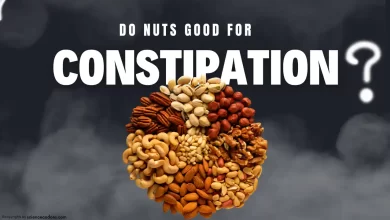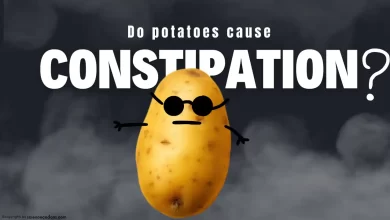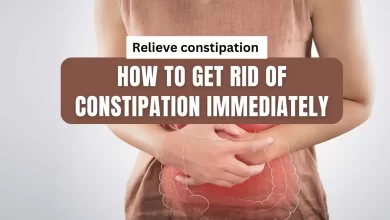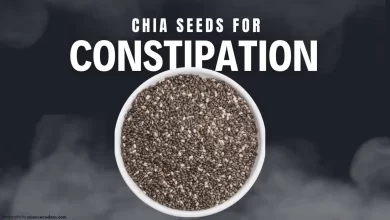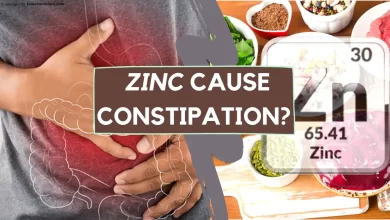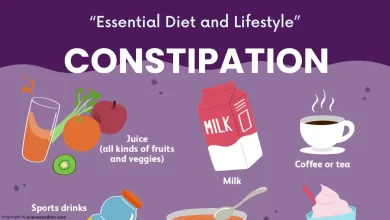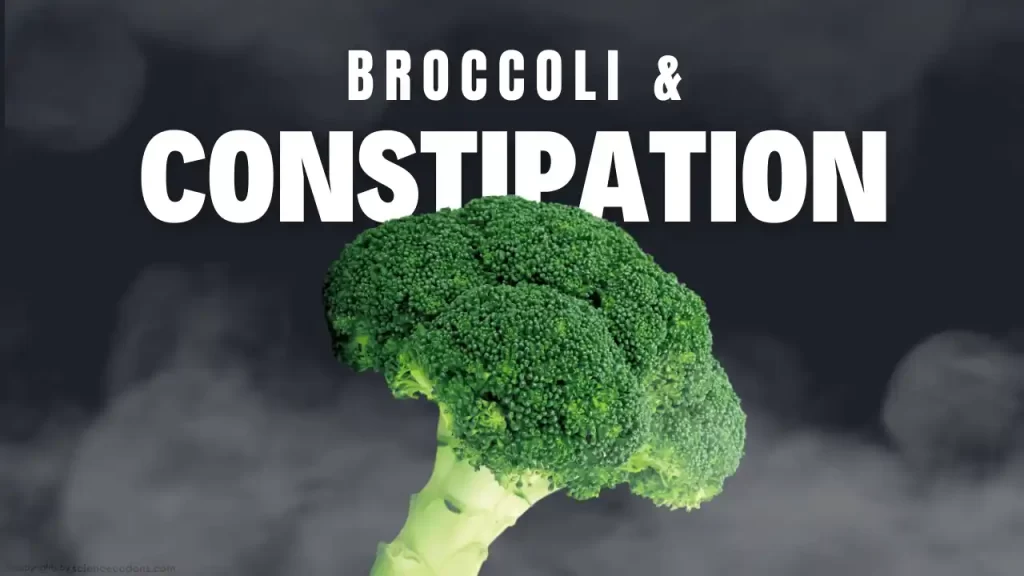
Broccoli is a nutritious vegetable from the cruciferous family, along with cauliflower, cabbage, kale, and Brussels sprouts. It is rich in fiber, antioxidants, vitamin C, and other beneficial compounds that may protect against various diseases. However, some people may experience constipation after eating broccoli or other cruciferous vegetables. Why is that? And what can you do to prevent or relieve it? Here are some answers.
How does broccoli affect constipation?
Constipation is a common digestive problem that occurs when you have infrequent or difficult bowel movements. It can cause symptoms such as abdominal pain, bloating, gas, and a feeling of incomplete evacuation. There are many possible causes of constipation, such as dehydration, lack of physical activity, medication side effects, or underlying medical conditions. Broccoli can affect constipation in different ways, depending on how much you eat, how you cook it, and how your body reacts to it. Here are some of the factors to consider:
Fiber
Broccoli is high in fiber, which is essential for healthy digestion and bowel movements. Fiber adds bulk and softness to the stool, making it easier to pass. It also helps to regulate the intestinal transit time and prevent constipation. However, if you are not used to eating a lot of fiber or drink not enough water, increasing your fiber intake too quickly can have the opposite effect. Fiber can draw water from the colon, making the stool hard and dry. It can also cause gas and bloating, which can worsen constipation. Therefore, gradually increasing your fiber intake and drinking plenty of fluids to avoid these side effects are important.
Sulforaphane
Broccoli contains sulforaphane, which has anti-inflammatory, anti-cancer, and detoxifying properties. Sulforaphane can also modulate the gut microbiota, the community of bacteria that live in the digestive tract. Some studies have shown that sulforaphane can inhibit the growth of harmful bacteria, such as Helicobacter pylori, and promote the growth of beneficial bacteria, such as Bifidobacterium and Lactobacillus. These bacteria can help to digest fiber and produce short-chain fatty acids, which are important for colon health and bowel movements.
However, sulforaphane can also interact with some enzymes in the liver and affect the metabolism of certain drugs, such as acetaminophen, aspirin, and warfarin. This can alter the effectiveness or toxicity of these drugs, which may have implications for constipation. Therefore, if you are taking any medication, you should consult your doctor before eating large amounts of broccoli or other cruciferous vegetables.
FODMAPs
Broccoli is also a source of FODMAPs, which are fermentable oligosaccharides, disaccharides, monosaccharides, and polyols. These are short-chain carbohydrates that are poorly absorbed in the small intestine and can cause gas, bloating, and diarrhea in some people, especially those with irritable bowel syndrome (IBS) or other functional gastrointestinal disorders. FODMAPs can also affect the motility of the colon, which is the movement of the muscles that push the stool along. Some FODMAPs, such as fructose and sorbitol, can increase motility and cause diarrhea. However, others, such as fructans and galactans, can decrease motility and cause constipation. Therefore, if you are sensitive to FODMAPs, you may want to limit your intake of broccoli and other high-FODMAP foods or follow a low-FODMAP diet under the guidance of a dietitian.
How can you prevent or relieve constipation from broccoli?
If you enjoy eating broccoli and do not want to give it up, there are some ways to prevent or relieve constipation from broccoli. Here are some tips:
Cook it well
Cooking broccoli can help to break down some of the fiber and FODMAPs, making it easier to digest and less likely to cause gas and bloating. You can steam, boil, roast, or sauté broccoli, but avoid overcooking it, as this can destroy some nutrients and antioxidants. You can also add herbs, spices, lemon juice, or vinegar to enhance the flavor and aid digestion.
Eat it with other foods.
Eating broccoli with other foods can help balance the fiber and FODMAPs content and reduce the risk of constipation. For example, you can pair broccoli with some lean protein, such as chicken, fish, or eggs, and some healthy fats, such as olive oil, nuts, or seeds. You can also eat some low-FODMAP fruits, such as bananas, oranges, or berries, to provide some natural sugars and water that can help soften the stool and stimulate bowel movements.
Drink enough water
Water is essential for hydration and digestion, especially when you eat a lot of fiber. Water can help to dissolve and transport the fiber through the digestive tract and prevent it from forming hard and dry stools. It can also help flush out toxins and waste products from the body and prevent dehydration, which can cause constipation. Aim to drink at least 8 glasses of water daily, or more, if you exercise, sweat, or live in a hot climate. You can also drink herbal teas, such as peppermint, ginger, or chamomile, to soothe the stomach and ease constipation.
Exercise regularly
Physical activity can help stimulate the digestive system’s muscles and nerves and improve the blood flow and oxygen delivery to the colon. This can help to increase the motility and frequency of bowel movements and prevent constipation. Exercise can also reduce stress, which can affect the gut-brain axis and cause or worsen constipation. Aim to do at least 150 minutes of moderate-intensity weekly exercise, such as walking, jogging, cycling, or swimming. You can also do yoga, Pilates, or stretching exercises to relax the body and mind and relieve constipation.
Take probiotics or prebiotic
Probiotics are live microorganisms that help balance the gut microbiota and improve digestion and bowel movements. Prebiotics are non-digestible fibers that can feed the beneficial bacteria and stimulate their growth and activity. Taking probiotics or prebiotics can help to increase the production of short-chain fatty acids, which can lower the pH of the colon and increase water and electrolyte absorption. This can help to soften the stool and ease constipation. You can take probiotics or prebiotics in the form of supplements or eat more probiotic-rich foods, such as yogurt, kefir, sauerkraut, or kimchi, and prebiotic-rich foods, such as garlic, onion, leek, asparagus, or chicory root.
Conclusion
Broccoli is a healthy vegetable that can benefit your health and well-being. However, it can also cause constipation in some people due to its high fiber, sulforaphane, and FODMAP content. If you experience constipation from broccoli, you can try to cook it well, eat it with other foods, drink enough water, exercise regularly, and take probiotics or prebiotics to prevent or relieve it. If your constipation persists or worsens, you should consult your doctor for further evaluation and treatment.
Reference:
The 17 Best Foods to Relieve constipation (healthline.com)
7 foods that can help you poop and relieve constipation (medicalnewstoday.com)
